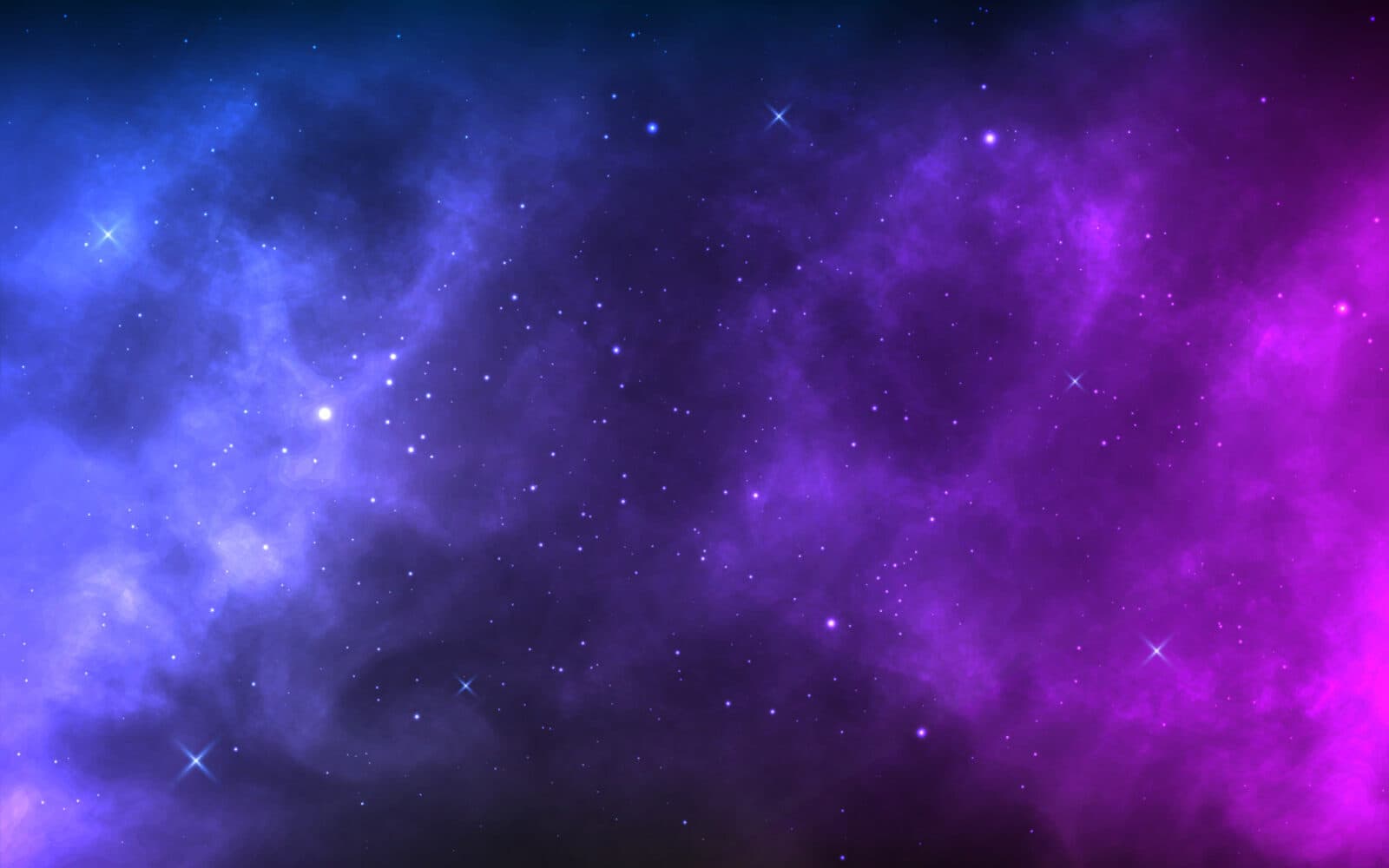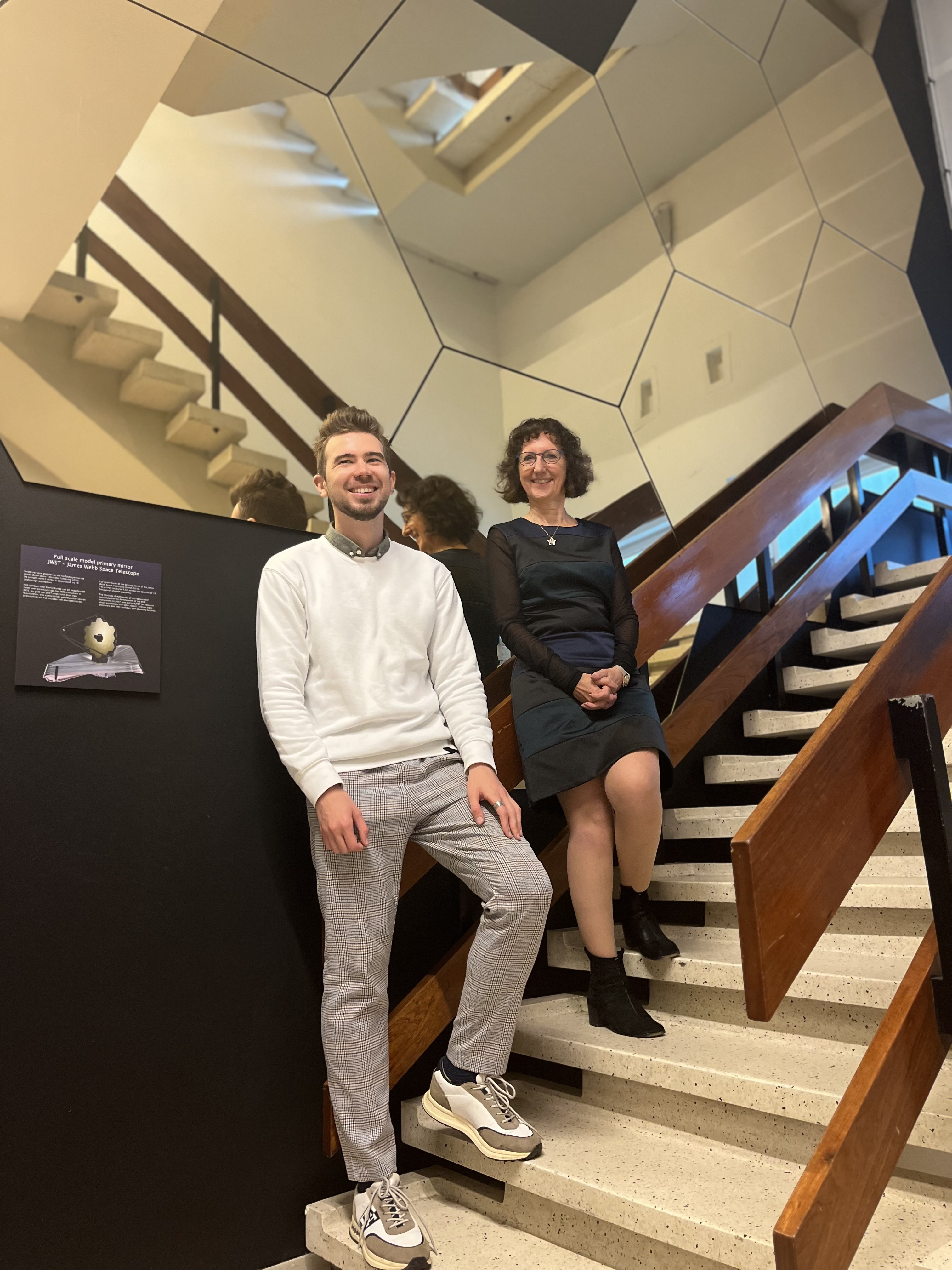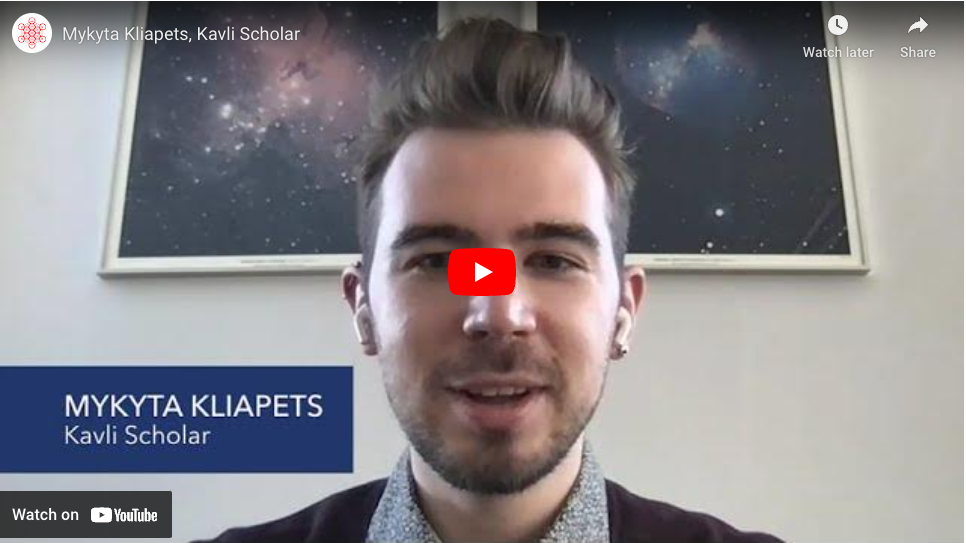Mykyta Kliapets, Kavli Scholar
by The Kavli Foundation
Kavli Prize Laureate Conny Aerts hosts Kavli Scholar studying machine learning

The Author
In July 2023, The Kavli Foundation announced its Kavli Scholars program, which aids individuals seeking new work environments due to extreme circumstances that interrupt their scientific research. Inaugural Kavli Scholars Abraham Amiri and Kateryna Vovk are pursuing studies and research in astronomy at UCLA and the University of Tokyo, respectively.
The foundation is now supporting a third Kavli Scholar, Mykyta Kliapets, as he pursues his master’s in artificial intelligence, with a focus on novel machine learning applications in astrophysics, at KU Leuven in Belgium.

His mentor Conny Aerts shared the 2022 Kavli Prize in Astrophysics for her pioneering work in the asteroseismology of massive hot stars, understanding their internal structures and dynamics.

Born and raised in Kyiv, Kliapets was pursuing a previous master’s degree in space studies at KU Leuven when the war in Ukraine began, altering his plans to return home at the culmination of that program. “It really made me unsure about what I will do,” said Kliapets. “I used to have a plan for life, but suddenly it was completely undermined by all of this.”
Kliapets can trace his interest in space science to his childhood (and frequent visits to the Kyiv Planetarium) but hadn’t considered pursuing his passion as a career until his postgraduate studies. Now, with funds from The Kavli Foundation and support from Professor Aerts and KU Leuven, Kliapets hopes to develop his academic career in machine learning and data science in astrophysics.
“Being a Kavli Scholar means being able to pursue my dream, which is to do research in space science,” said Kliapets. “Space science in particular holds a very special place amongst the scientific fields. Though it’s true for all science that if you contribute something, you contribute to the scientific picture of the world, which leads to better education, which is then a self-feeding process that leads to more science, more technology, a better society. But space is special in a way that it’s also very inspiring. It fascinates people.”

